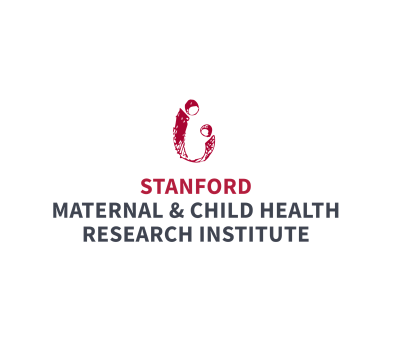MCHRI Uytengsu-Hamilton 22q11 Neuropsychiatry Research Awards Program
The Stanford Maternal and Child Health Research Institute (MCHRI) Uytengsu-Hamilton 22q11 Neuropsychiatry Research Program aims to promote innovative, transdisciplinary research to improve the neurocognitive outcomes and behavioral symptoms of 22q11.2 Deletion Syndrome with immediate (within 5 years) and long-term impact.
22q11.2 Deletion Syndrome (22q11.2DS) is a genetic disorder caused by a microdeletion on chromosome 22. The disorder is associated with a broad spectrum of symptoms including immune dysfunction, congenital heart disease, palatal abnormalities and endocrine dysfunction. Children and young people with 22q11.2DS are at increased risk for developmental delay, learning disabilities, neurodevelopmental and neuropsychiatric disorders including schizophrenia, autism spectrum disorders, attention-deficit / hyperactivity disorder (ADHD), and anxiety.
The program will provide up to 2 years of seed funding that could best (or only) be performed by researchers from different disciplines. The program will support a wide range of scientific approaches with the potential to advance our understanding of the neuropsychiatric manifestations of 22q11.2DS in the following areas:
1. Basic and clinical translational research, including but not limited to neuroscience, genetics and genomics, psychiatry, neuroimmunology, metabolism and novel therapeutics (up to a maximum of $150K/year, requests at a lower level of funding are welcome)
2. Data science, bioinformatics and computational methodologies utilizing existing data (up to a maximum $100K/year, requests at a lower level of funding are welcome)
An interdisciplinary approach is strongly encouraged for this initiative where at least two of the lead investigators bring expertise from different disciplines to the project. Collaborations between basic and physician scientists are particularly encouraged. Single-PI applications will be considered if the scientific rationale is compelling. Research should be generalizable and have the potential for benefit to all individuals with 22q11.2DS. Proposals should demonstrate a clear potential for the research to generate robust preliminary data or novel directions in research which could lead to further funding by external funding agencies.
This program will fund innovative projects in the following categories:
Category A: Research at Stanford University (up to 4 awards)
Category B: Research external to Stanford University (up to 2 awards)
PROGRAM INFORMATION
https://med.stanford.edu/mchri/programs/22q11/apply.html
ONLINE SUBMISSION LINK
https://redcap.stanford.edu/surveys/?s=NLD9D87H8JDXD4DC
Questions? Contact:
Rachael Panizzo PhD, Program Director (rpanizzo@stanford.edu, 650-721-6720)
Category A: Eligible applicants must be Stanford faculty holding Clinician Educator (CE), University Tenure Line (UTL), Research (NTL-Research), or Medical Center line (MCL) positions for the duration of the award. Visiting scholars are not eligible to serve as PI; they may serve as collaborators or co-investigators. Applications may include co-investigators from other research organizations. Current or previous award holders of the Stanford MCHRI 22q11.2DS Neuropsychiatry Research Program are eligible to apply, if the end date of their current award falls before March 1st, 2022.
LETTER OF INTENT DEADLINE: October 25, 2021 - 5:00 pm (Pacific Time Zone)
Applicants should submit a 1-2 page letter of intent using the template provided. You do not need to submit your LOI via your RPM.
FULL PROPOSAL (by invitation) DEADLINE: January 10, 2022 - 5:00 pm (Pacific Time Zone)
Shortlisted applicants will be notified to proceed with full proposals by December 1st 2021.
Notification of proposals selected for funding is anticipated the week of February 14, 2022.
Project start date is March 1st, 2022. The performance period is for no longer than 2 years.
Applicants may request support for personnel (undergraduate, graduate, or postdoctoral students, research assistants, associates, or faculty) and research-related expenses. Funds cannot be used for student tuition or fees, computer equipment, office supplies, ITCC communications, journal subscriptions, membership dues, poster presentations, abstract submissions, or any indirect research costs.
Research Compliance Questionnaire
